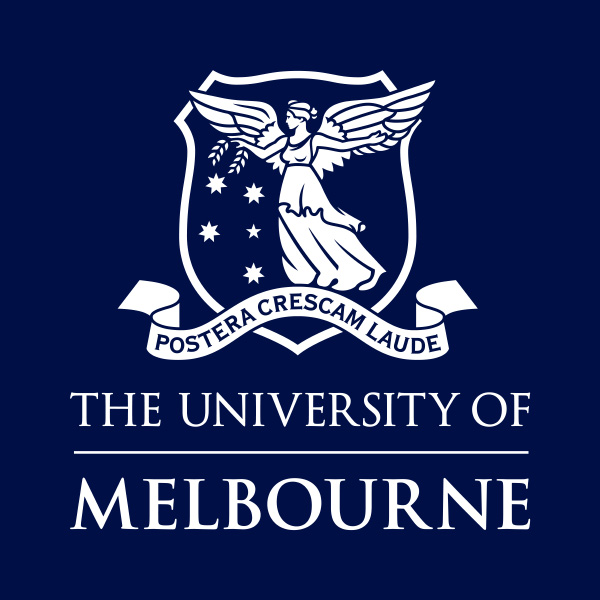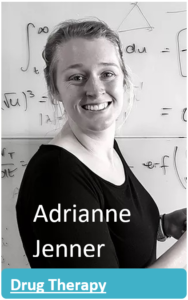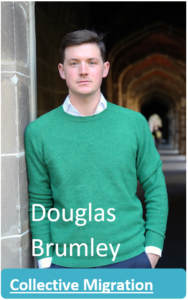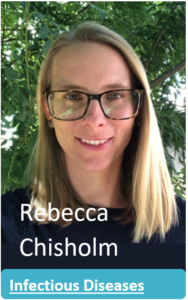-
28 Jun 2021 - 9 Jul 2021
8:00 am - 4:00 pm
Organisers:
Alexander Browning (Queensland University of Technology)
Maud El-Hachem (Queensland University of Technology)
Ryan John Murphy (Queensland University of Technology)
Description:
Mathematical biology is a diverse, cross-disciplinary area of research at the interface of applied mathematics, statistics, biophysics and experimental science. Cross-collaboration between experts in these fields is quickly becoming requisite for impactful research.
This online symposium will foster new collaborations and skill development across each of these fields through talks, lectorials in model calibration, and most importantly, data-driven collaborative projects. These elements will bring together experts in deterministic and stochastic modelling, theoretical analysis (for example, travelling wave analysis), experimental science, model calibration, and statistics. The symposium will conclude with participants presenting results from their group projects.
An introduction to connecting mathematical models with experimental data including: two lectorials, three keynote speakers, and group projects to allow participants to apply the techniques and ideas from lectorials and keynote speakers to suggested problems.
There will be three key themes aligned with the keynote speakers research interests (subject to change).
- Drug Therapy – Adrianna Jenner (Queensland University of Technology)
- Collective Migration – Douglas Brumley (University of Melbourne)
- Infectious Diseases – Rebecca Chisholm (LaTrobe University)
Speed presentations
Participants introduce themselves in short (1 slide, 2 minutes; to be confirmed) presentations, to be prepared ahead of time. These presentations might answer the following questions:
- What are you currently researching?
- How would you like to incorporate experimental data in your work?
Group projects
Attendees are encouraged to participate in group projects. Each group project will be aligned with one of the three key themes of the workshop. Conference organisers in collaboration with keynote speakers will form suggestions for interesting problems to explore for each group. For example, a group may be directed to a real experimental data set and simple mathematical model that could be used to explore the data set. Then, using the techniques explored in the lectorials, the group will explore how to connect the experimental data to the mathematical model.
Through this participants will gain hands-on experience of connecting models to data. This experience will allow each group to form suggestions for future modelling and experimental design. On the final day each group will present their methodology and findings. Further details, such as suggested problems, will be provided nearer the time.
Invited Talks
Lectorials
- Maximum Likelihood Estimation – Oliver Maclaren (University of Auckland)
- Approximate Bayesian Computation – Christopher Drovandi (Queensland University of Technology)
Contact: If you have any questions, please don’t hesitate to contact the organisers at ap.browning (at) qut.edu.au
Further information: https://modellingwithdata.com/
Program Structure:
This schedule is subject to change. All times are Brisbane/Sydney/Melbourne (AEST).
| Day 1 (Monday, 28th June) | 8:00am | Welcome and opening |
|---|---|---|
| 8:10am | Invited talk 1 | |
| 8:50am | Invited talk 2 | |
| 9:30am | Lectorial 1 (Maximum likelihood estimation) | |
| 10:15am | Break | |
| 11:00am | Invited talk 3 | |
| 11:40am | Lectorial 2 (Approximate Bayesian computation) | |
| 12:30pm | Break | |
| 1:30pm | “Speed” presentations | |
| 2:30pm | Start group projects | |
| Between | Collaborate on group projects. | |
| Day 2 (Friday, 9th July) | 9:00am | Final day welcome and introduction |
| 9:10am | Group work and presentation preparation | |
| 11:00am | Group presentations | |
| 12:00pm | Break | |
| 1:00pm | Group presentations | |
| 3:00pm | Closing remarks | |
Registration:
- Link: https://modellingwithdata.com/#register
- Deadline: 7th June 2021.
Sponsors:
This symposium is supported by MATRIX and AMSI.
To support post-symposium research collaboration between PhD student participants, MATRIX-AMSI are providing funding through the MATRIX-AMSI PhD Student Research Collaboration Scheme. https://www.matrix-inst.org.au/phd-student-research-collaboration-scheme-guidelines/
ASSOCIATED EVENTS








